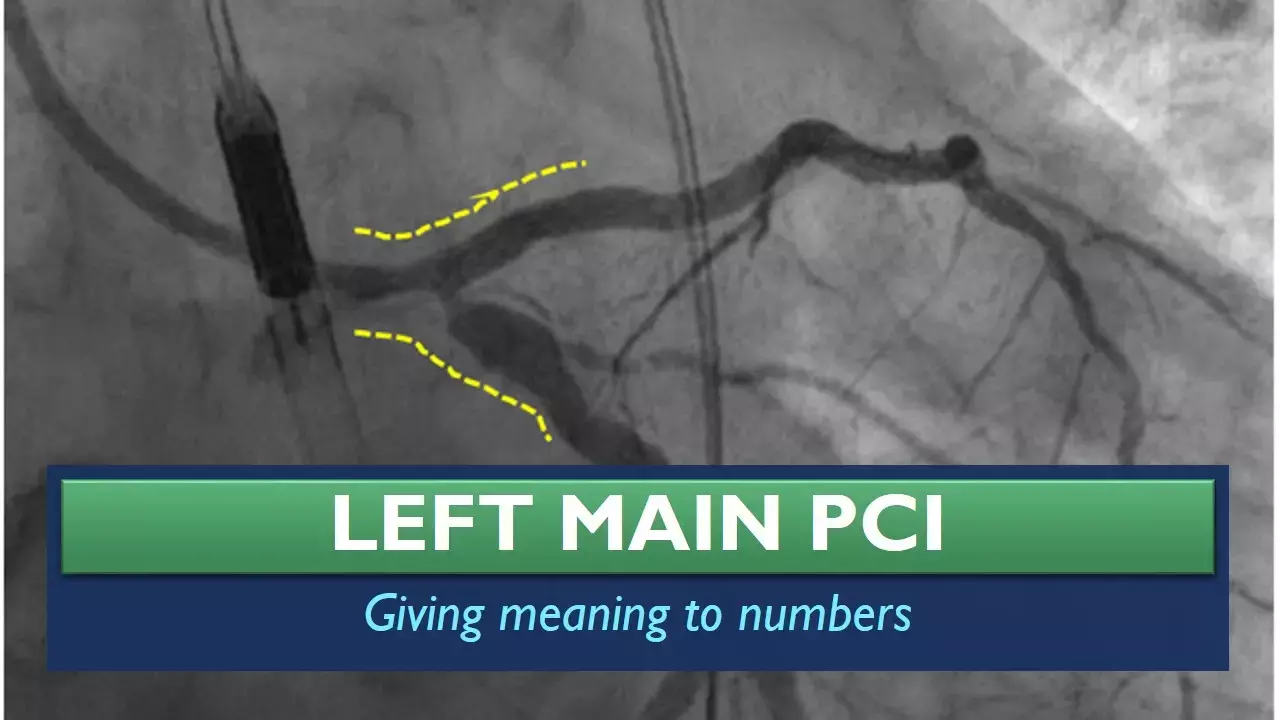- Home
- Medical news & Guidelines
- Anesthesiology
- Cardiology and CTVS
- Critical Care
- Dentistry
- Dermatology
- Diabetes and Endocrinology
- ENT
- Gastroenterology
- Medicine
- Nephrology
- Neurology
- Obstretics-Gynaecology
- Oncology
- Ophthalmology
- Orthopaedics
- Pediatrics-Neonatology
- Psychiatry
- Pulmonology
- Radiology
- Surgery
- Urology
- Laboratory Medicine
- Diet
- Nursing
- Paramedical
- Physiotherapy
- Health news
- Fact Check
- Bone Health Fact Check
- Brain Health Fact Check
- Cancer Related Fact Check
- Child Care Fact Check
- Dental and oral health fact check
- Diabetes and metabolic health fact check
- Diet and Nutrition Fact Check
- Eye and ENT Care Fact Check
- Fitness fact check
- Gut health fact check
- Heart health fact check
- Kidney health fact check
- Medical education fact check
- Men's health fact check
- Respiratory fact check
- Skin and hair care fact check
- Vaccine and Immunization fact check
- Women's health fact check
- AYUSH
- State News
- Andaman and Nicobar Islands
- Andhra Pradesh
- Arunachal Pradesh
- Assam
- Bihar
- Chandigarh
- Chattisgarh
- Dadra and Nagar Haveli
- Daman and Diu
- Delhi
- Goa
- Gujarat
- Haryana
- Himachal Pradesh
- Jammu & Kashmir
- Jharkhand
- Karnataka
- Kerala
- Ladakh
- Lakshadweep
- Madhya Pradesh
- Maharashtra
- Manipur
- Meghalaya
- Mizoram
- Nagaland
- Odisha
- Puducherry
- Punjab
- Rajasthan
- Sikkim
- Tamil Nadu
- Telangana
- Tripura
- Uttar Pradesh
- Uttrakhand
- West Bengal
- Medical Education
- Industry
CK-MB based SCAI definition better defines outcomes of periprocedural MI, JACC study.

The magnitude of postprocedural biomarker elevation representing a clinically meaningful peri-procedural MI (PMI) after percutaneous coronary intervention (PCI) is controversial. There are at least 3 definitions for this entity that have been used in different clinical trials. But how to decide which one has a meaningful impact on long-term outcomes especially mortality?
In the latest issue of JACC Cardiovascular Interventions, Wang et al have explored this enigma and have shown that in a large cohort of consecutive patients undergoing left main (LM) PCI, intermediate (≥3x URL) and high (≥10 xURL) levels of peak postprocedural CK-MB independently predicted 3-year CV and all-cause mortality, respectively, whereas even large elevations of post-PCI cTnI did not. The SCAI definition (but not the ARC-2 or fourth UDMI) of PMI was independently associated with mortality after LM PCI.
Myocardial necrosis is common after PCI, although consensus as to what constitutes a clinically relevant periprocedural myocardial infarction (PMI) has not been reached. Using different definitions resulted in antagonizing results of NOBLE and EXCEL trials.
Wang et al sought to explore the relationship between the magnitude of periprocedural myocardial injury (measured using both CK-MB and cTn) and 3-year cardiovascular and all cause mortality in patients with LMCAD; and to assess the relative incidences and prognostic significance of PMI according to various definitions of PMI.
A total of 4,013 consecutive patients undergoing LM PCI were enrolled. CK-MB and cardiac troponin I (cTnI) were routinely collected at baseline and at frequent intervals between 8 and 48 hours after PCI. The primary and secondary outcomes were the covariate-adjusted 3-year rates of cardiovascular (CV) and all-cause mortality, respectively.
The study generated following results:
1) the 3-year rates of cardiovascular and all-cause death progressively increased with higher post-PCI peak CK-MB measures, but not with cTnI elevations;
2) postprocedural CK-MB levels ≥3 x URL) were independently associated with an increase in 3-year cardiovascular death,
3) Only extensive myonecrosis (CK-MB ≥10 x URL) was an independent predictor of all-cause mortality;
4) SCAI-defined PMI was independently associated with an increased risk for 3-year cardiovascular and all-cause mortality, whereas ARC-2-defined and fourth UDMI–defined PMI were not.
In an accompanying editorial, Serruys et al mention that "Taken together with previous publications, it seems reasonable to use CK-MB as the preferred cardiac biomarker for detecting clinically relevant PMI; however, compared with cTn, CK-MB is measured less frequently and unavailable in many centers."
Regarding the ARC definition that did not correlate with long term outcomes in this study, the editors note that "In 2019, the ARC tried to redefine PMI, stating that its clinical relevance should be similar after PCI and CABG. If it is not the case, maybe the time has come to remove PMI from composite endpoints."
In the present study, PMI by the SCAI, ARC-2, and fourth UDMI criteria occurred in 1.3%, 3.1%, and 5.1% of patients after LM PCI, respectively, representing a 4-fold difference in risk. "the present analysis supports use of the SCAI definition to identify clinically relevant PMI after PCI:, note the authors in discussion.
Further studies are required to determine how the detection of PMI and extensive myonecrosis after LM (and non-LM) PCI should affect clinical decision making, such as prolonging hospitalization or modifying the use of secondary preventive measures.
JACC Cardiovascular interventions: https://doi.org/10.1016/j.jcin.2021.05.006
MBBS, MD , DM Cardiology
Dr Abhimanyu Uppal completed his M. B. B. S and M. D. in internal medicine from the SMS Medical College in Jaipur. He got selected for D. M. Cardiology course in the prestigious G. B. Pant Institute, New Delhi in 2017. After completing his D. M. Degree he continues to work as Post DM senior resident in G. B. pant hospital. He is actively involved in various research activities of the department and has assisted and performed a multitude of cardiac procedures under the guidance of esteemed faculty of this Institute. He can be contacted at editorial@medicaldialogues.in.
Dr Kamal Kant Kohli-MBBS, DTCD- a chest specialist with more than 30 years of practice and a flair for writing clinical articles, Dr Kamal Kant Kohli joined Medical Dialogues as a Chief Editor of Medical News. Besides writing articles, as an editor, he proofreads and verifies all the medical content published on Medical Dialogues including those coming from journals, studies,medical conferences,guidelines etc. Email: drkohli@medicaldialogues.in. Contact no. 011-43720751


